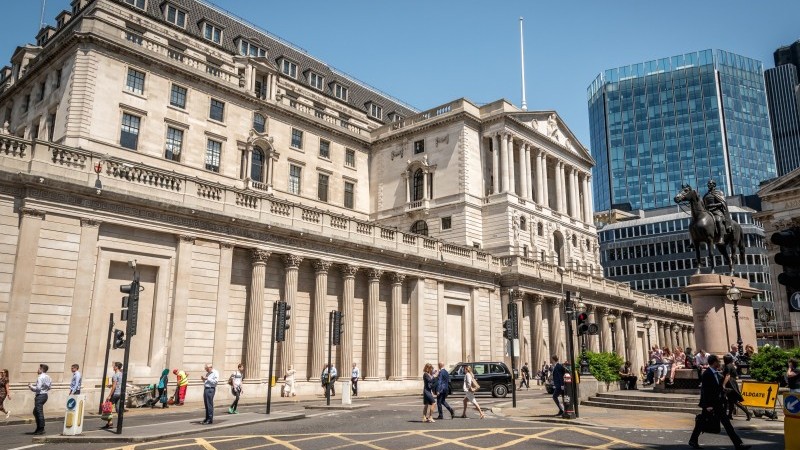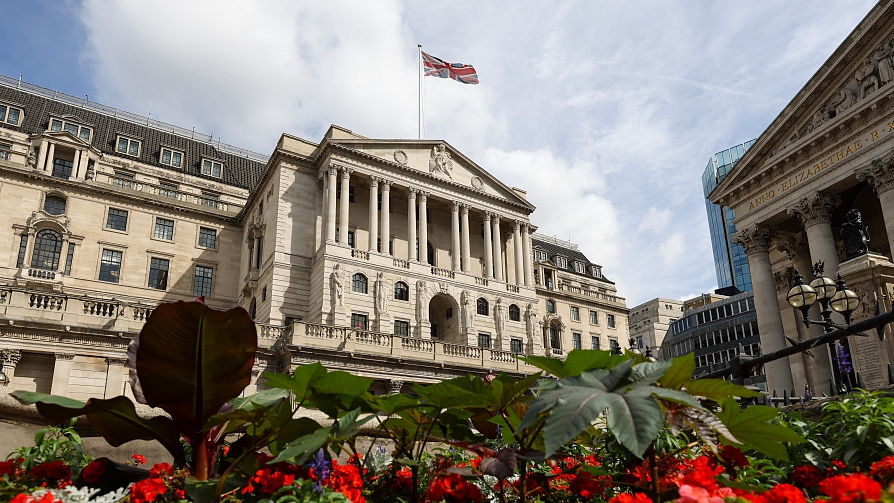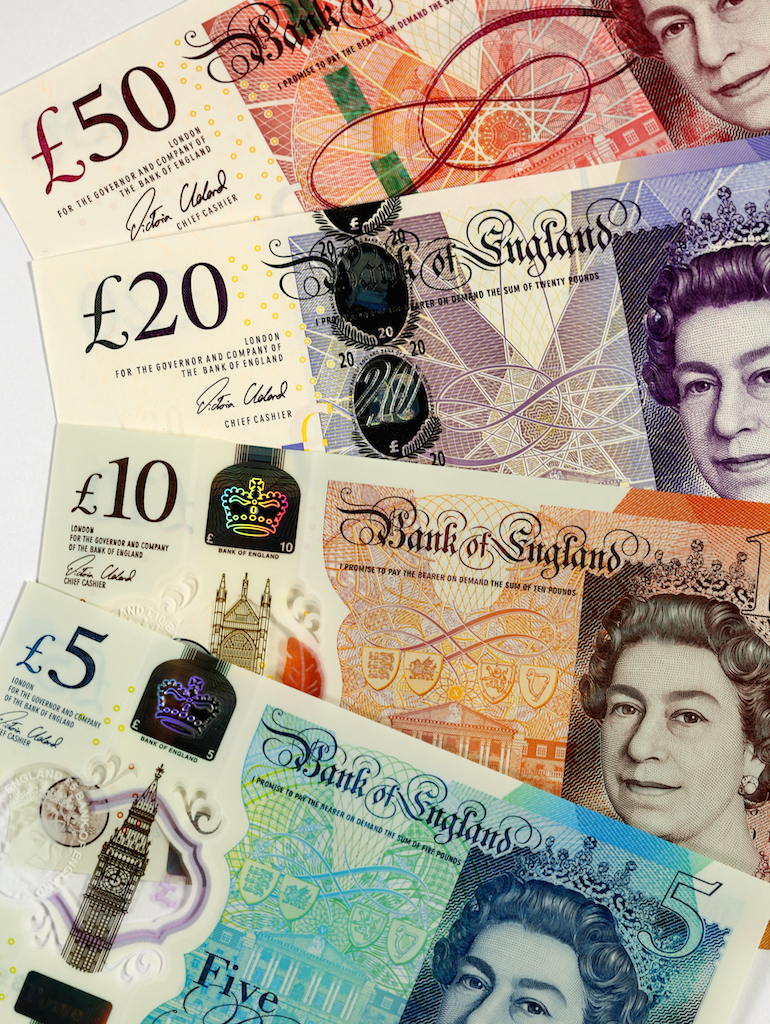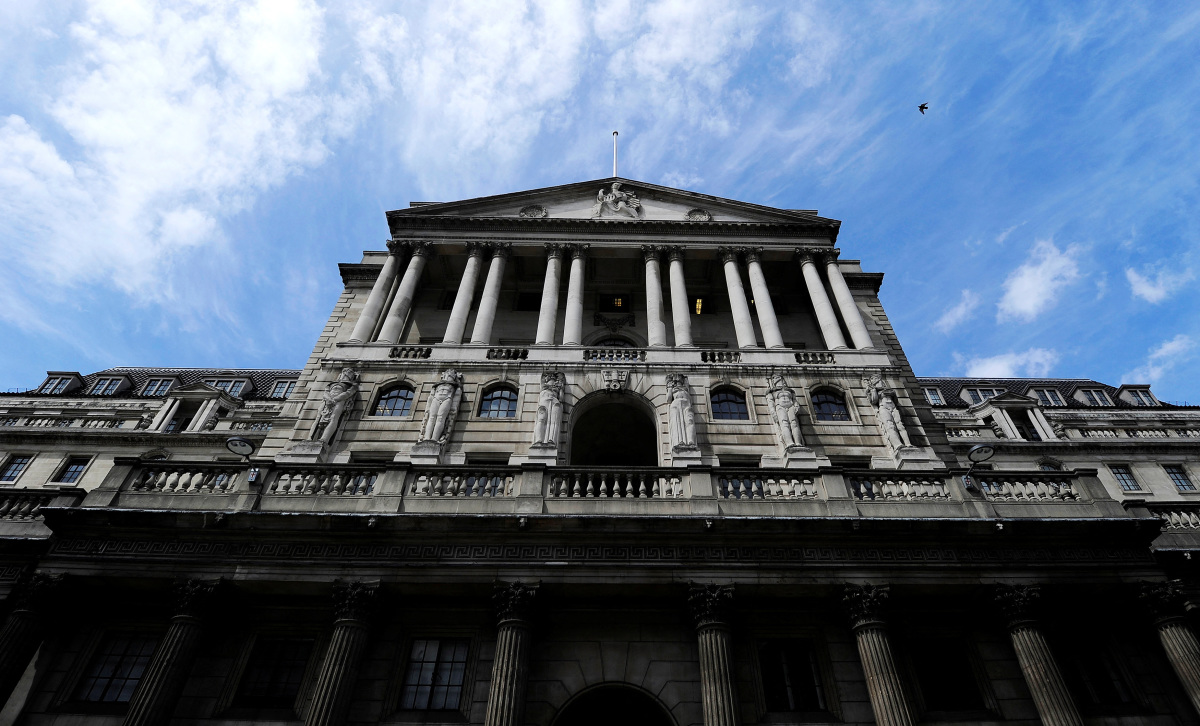5 Ways the Bank of England Impacts Your Money

The Bank of England (BoE), the United Kingdom's central bank, has a profound influence on the financial well-being of its citizens. Its policies can significantly affect your savings, loans, investments, and overall economic environment. Here are five key ways the BoE can impact your money:
1. Interest Rates


One of the most direct ways the Bank of England impacts your money is through setting the base interest rate, also known as the Bank Rate. This rate acts as a benchmark for banks and financial institutions, dictating how much interest you will receive on savings accounts or pay on loans and mortgages.
- Higher Rates: When the BoE raises interest rates, saving money becomes more rewarding, and borrowing becomes costlier. This can:
- Increase returns on savings accounts.
- Make borrowing for mortgages or loans more expensive, reducing demand for new loans.
- Potentially slow down the economy by reducing spending.
- Lower Rates: Conversely, a reduction in rates encourages borrowing and spending, which can:
- Make loans cheaper, potentially stimulating investment in property or businesses.
- Lead to lower interest earned on savings, which might discourage saving.
💡 Note: Personal circumstances like your current debt or savings goals will determine how rate changes affect you personally. Keeping an eye on these rates is crucial for financial planning.
2. Inflation Targeting

The BoE is tasked with maintaining inflation at a target of 2%, which has a significant influence on the purchasing power of money:
- Rising Inflation: If inflation exceeds the target, your money buys less. This can reduce the real value of your savings over time.
- Falling Inflation: A controlled inflation rate close to the target typically means your money retains its value better.
To manage inflation:
- The BoE might use monetary policy tools like adjusting the base rate, quantitative easing, or altering banking reserve requirements.
- Monitoring inflation forecasts and reacting swiftly to prevent economic volatility.
3. Quantitative Easing (QE)

Quantitative Easing is a non-traditional monetary policy used by the BoE to stimulate the economy during times of recession or financial instability:
- The BoE buys government bonds or other securities from banks to inject money into the financial system.
- This increases the money supply and, ideally, leads to lower borrowing costs, encouraging spending and investment.
While QE can:
- Boost economic growth and recovery.
- Reduce borrowing costs, impacting mortgage rates.
It also has potential side effects:
- It might lead to unintentionally high inflation if not managed properly.
- Can cause asset bubbles as more money chases fewer assets.
4. Financial Stability

The BoE plays a critical role in:
- Ensuring the stability and soundness of the UK financial system.
- Regulating banks and other financial institutions to avoid systemic risk.
- Monitoring and managing potential crises like bank runs or major financial institutions failing.
Financial stability:
- Affects your confidence in the banking system, which in turn impacts your saving and borrowing behaviors.
- Helps protect the overall economy from crises, which could otherwise devastate personal wealth.
5. Exchange Rates

The policies of the BoE influence the value of the British pound (GBP):
- Strengthening the Pound**: If the BoE raises interest rates, making UK investments more attractive, the GBP might appreciate.
- Weakening the Pound: Conversely, low interest rates or expectations of a dovish BoE can lead to a weaker GBP, benefiting exports but making imports more expensive.
Table: Impact of GBP Fluctuations on Household Finances
| Scenario | Impact on Household |
|---|---|
| Strengthening GBP | Lower prices for imports, but more expensive exports, travel, and foreign investments |
| Weakening GBP | Higher import prices (inflation), cheaper exports, travel, and foreign investments |

In summary, the Bank of England’s policies have far-reaching effects on your financial life. From setting interest rates that impact your savings and debt to managing inflation and ensuring financial stability, the BoE’s actions shape the economic environment in which you make financial decisions. Understanding these mechanisms can help you better plan your financial future, whether it’s saving for retirement, buying a home, or investing in assets.
Keep an eye on economic news, track inflation rates, and stay informed about BoE announcements to make educated financial choices. The better you understand the role of the Bank of England, the more prepared you will be for changes in your financial landscape.
How often does the Bank of England set interest rates?

+
The Bank of England’s Monetary Policy Committee (MPC) meets eight times a year to decide on the official interest rate. These meetings typically take place in February, March, May, June, August, September, November, and December.
What are the consequences of high inflation for my savings?

+
High inflation reduces the purchasing power of your savings, meaning the money you save loses value over time if inflation outpaces your savings account interest rate.
Can the Bank of England prevent a recession?

+
While the BoE can implement policies to mitigate economic downturns, it cannot always prevent a recession, especially if there are global economic issues or structural economic problems.
How does quantitative easing work in layman’s terms?

+
QE is essentially a way for the BoE to create money electronically to purchase assets, thereby injecting money directly into the economy to encourage lending and stimulate growth.
What should I do if I think the exchange rate will change?

+
Consider strategies like hedging, diversifying investments, or using forward contracts to mitigate risks associated with currency fluctuations.